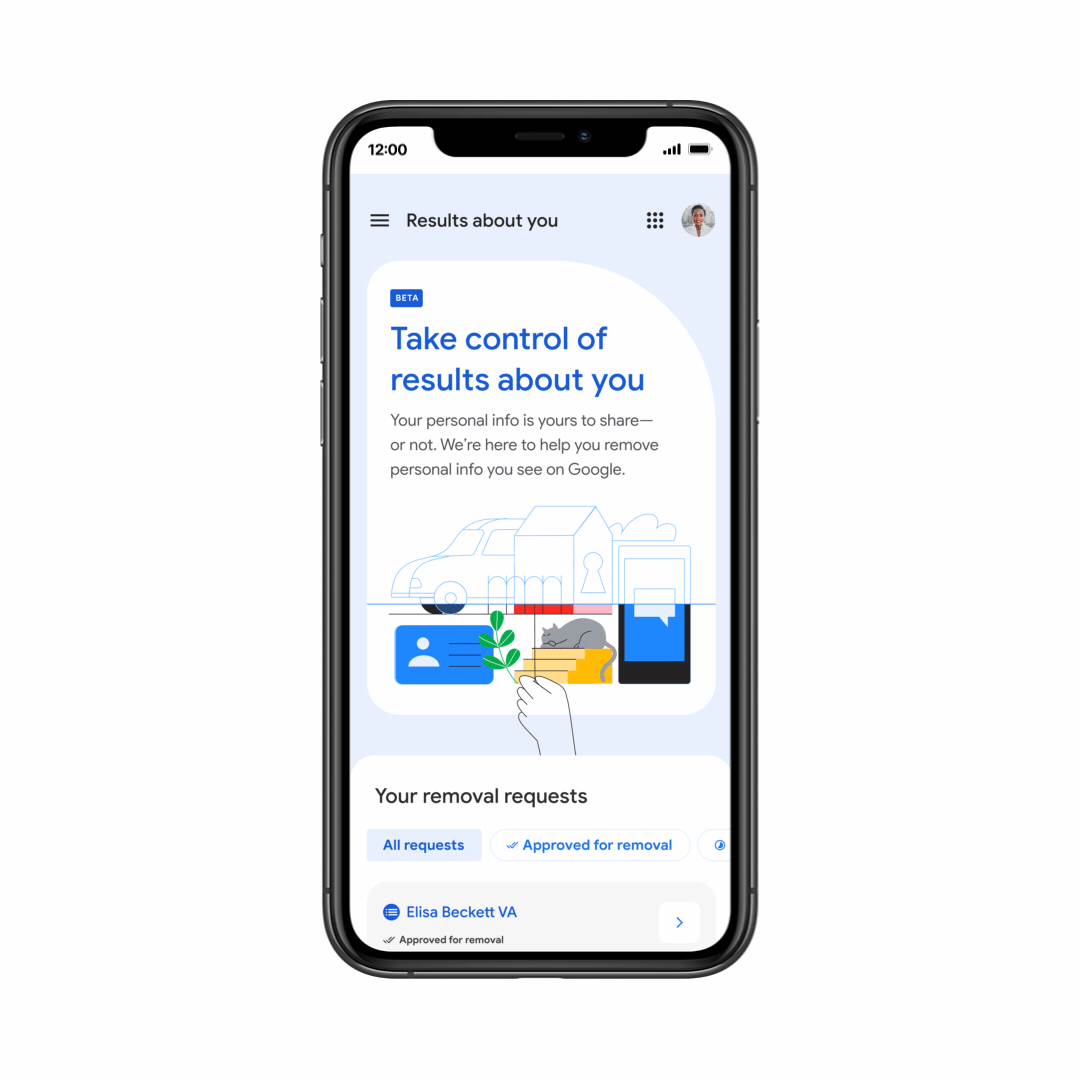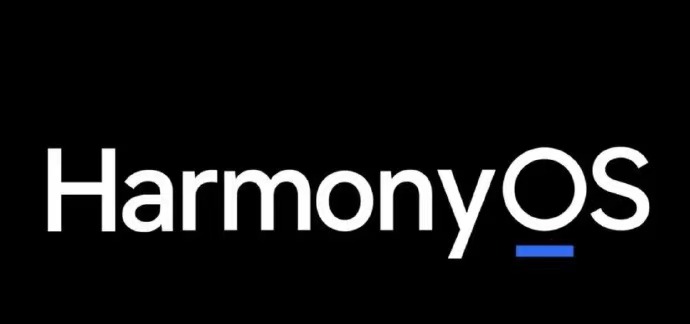Danielle Romain
VP, Trust

Here’s how to use our “Results about you” tool to easily request the removal of search results that contain your personal phone number, home address or email address, right from the Google app or Google Search:
You can also monitor the status of your removal requests in the Google app:
Update September 28, 2022: Starting today, we’re rolling out the new “Results about you” tool we announced earlier this year. With this feature, you can easily request the removal of search results that contain your personal phone number, home address or email address, right from the Google app.
Even though removing these results doesn’t scrub your contact information from the web overall, we’re doing everything we can to safeguard your information on Search. This includes helping you keep tabs on new results about you. Starting early next year, you’ll be able to opt into alerts if new results with your contact information appear, so you can quickly request their removal.
Original post: Have you ever searched for your name online to see what other people can find out about you? You’re not alone. And for many people, a key element of feeling safer and more private online is having greater control over where their sensitive, personally-identifiable information can be found.
These days, it’s important to have simple tools to manage your online presence. That’s why we’re introducing a new tool in Google Search to help you easily control whether your personally-identifiable information can be found in Search results, so you can have more peace of mind about your online footprint.
Remove results about you in Search
You might have seen that we recently updated our policies to enable people to request the removal of sensitive, personally-identifiable information — including contact information, like a phone number, email address, or home address — from Search.
Now, we’re making it easier for you to remove results that contain your contact information from Google. We’re rolling out a new tool to accompany our updated policies and streamline the request process.
When you’re searching on Google and find results about you that contain your phone number, home address, or email address, you’ll be able to quickly request their removal from Google Search — right as you find them. With this new tool, you can request removal of your contact details from Search with a few clicks, and you’ll also be able to easily monitor the status of these removal requests.
This feature will be available in the coming months in the Google App, and you’ll also be able to make removal requests by going to the three dots next to individual Google Search results. In the meantime, you can make requests to remove your info from our support page.
It’s important to note that when we receive removal requests, we will evaluate all content on the web page to ensure that we’re not limiting the availability of other information that is broadly useful, for instance in news articles. And of course, removing contact information from Google Search doesn’t remove it from the web, which is why you may wish to contact the hosting site directly, if you’re comfortable doing so.
At Google, we strongly believe in open access to information, and we also have a deep commitment to protecting people — and their privacy — online. These changes are significant and important steps to help you manage your online presence — and we want to make sure it’s as easy as possible for you to be in control.
Note: This article have been indexed to our site. We do not claim legitimacy, ownership or copyright of any of the content above. To see the article at original source Click Here















